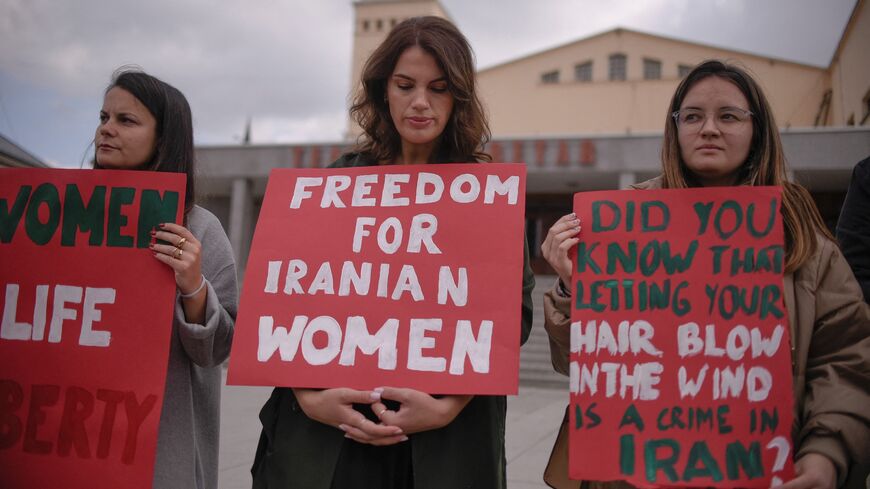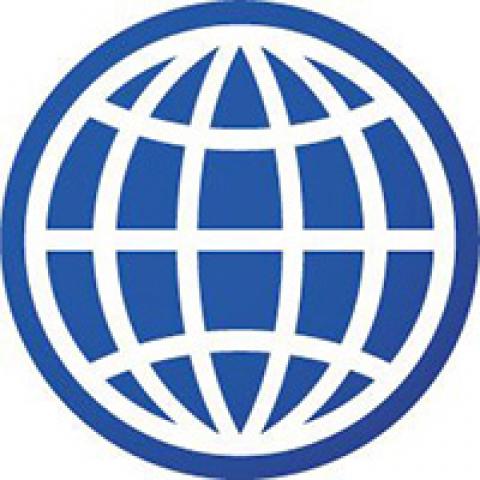Iran's President Ebrahim Raisi said violation of his country's mandatory hijab was an "enemy conspiracy" and called for legal action against women found to be in breach of it.
In a televised speech on Thursday, Raisi claimed that Iran's enemies had plotted "meticulously" to promote hijab disobedience in Iran and that the Islamic Republic now needed to respond with equally precise planning. He called on the country's law enforcement community to crack down hard on women "who are after mayhem in social order" by "intentionally violating" the dress code.
Iran has imposed hijab on women in the country since the early years of the 1979 Islamic Revolution, which forced out the secular Pahlavi monarchy and brought to power a Shiite clerical establishment. While the hijab law has been in place almost unchallenged since then, the Islamic Republic has in recent years increasingly found itself locking horns with a defiant new generation unwilling to observe the compulsory rule.
The tug of war has been particularly intense since September 2022 following 22-year-old Mahsa Amini's death in custody of the hijab-enforcing morality police and the ensuing protests that quickly spread nationwide for months.
In his speech, Raisi underlined the existence of "sufficient" legal provisions to clamp down on hijab violators, noting that the Iranian law has already "clarified the responsibilities" on the shoulders of security forces and prosecutors.
The unrest over Amini's death has largely subsided under the bloody state crackdown. Overall discontent with the establishment and the hijab rules continues to be demonstrated through civil disobedience and the public removal of headscarves. Even in the once conservative stronghold streets of the capital, Tehran, videos trickle out on a daily basis showing women going about their routine public lives without the religious covering.
To reverse the trend, the Raisi government and the hard-line judiciary put the final touches on a new hijab criminalization bill in late May, submitting it to parliament to officially make it law.
On the same day as Raisi issued the warning, parliament speaker Baqer Qalibaf said the conservative-majority legislature was gearing up to "soon" ratify the bill. In a public letter addressing a hard-line woman who had complained about why the legislation was sitting around, Qalibaf offered assurances that lawmakers will "waste no time" to pass the bill with "deterrent" measures against hijab disobedience.
Yet how much backing the bill may enjoy in parliament remains unclear. In an interview with pro-Reform Jamaran News on Monday, Ali Rezaei, a senior lawmaker representing the city of Kermanshah, dismissed the efficacy of harsh measures in resolving Iran's increasingly divisive hijab question. Iranian parliamentarians have recently faced fire for excessively focusing on the hijab and prioritizing it over more pressing issues — on top of them, the country's ailing economy and exacerbating public grievances.
Hours after the Iranian president called for more robust action on hijab violations, footage made the rounds on social media showing renewed hijab-related friction on Iranian streets.
Posting the video, the Tavana civil society campaign group said the scene had been captured from Qom, Iran's largest clerical base and most conservative city. In it, ordinary passers-by had temporarily blocked a woman's arrest after she removed and twirled her headscarf in a busy square.
She was, however, chased down and detained by security forces a few blocks away, the report said, citing eyewitness accounts.








